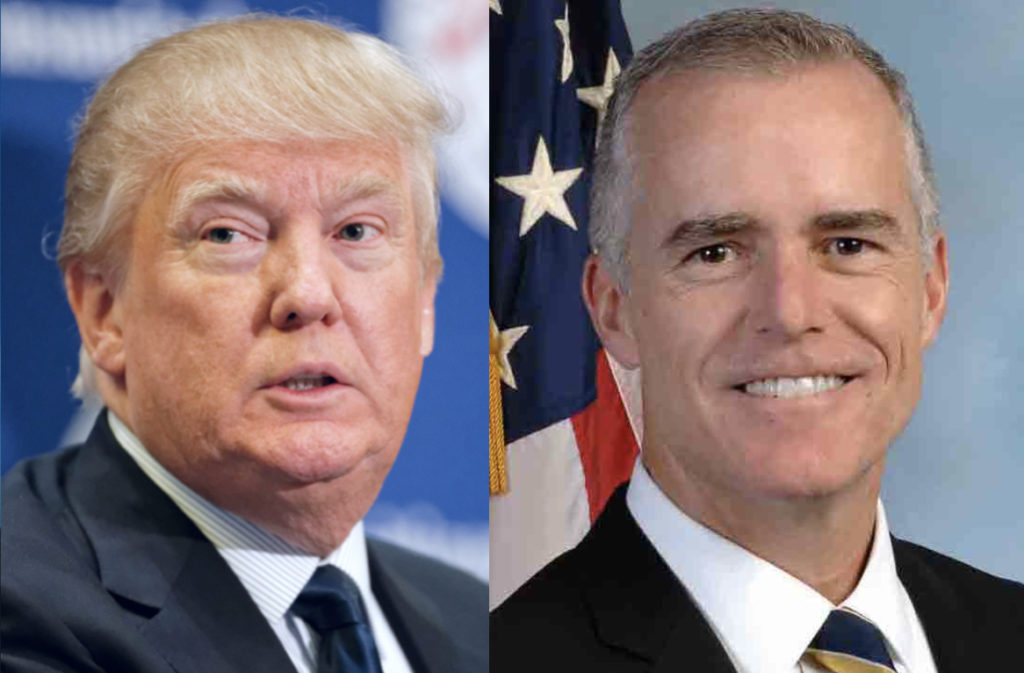Andrew McCabe strikes back

When the Trump regime tried to distract from the official start of Donald Trump’s impeachment yesterday by leaking that federal prosecutors had signed off on a criminal indictment against former FBI official Andrew McCabe, it led Palmer Report and numerous other observers to ask the same question: if prosecutors signed off on an indictment, then where’s the indictment? Now McCabe is taking the matter into his own hands.
The answer of course is that a grand jury also has to sign off on an indictment. That’s usually just a formality in federal cases, where grand juries approve indictments in greater than 99% of the cases, both because the bar for indictment is fairly low, and because federal prosecutors generally don’t like to bother trying to get an indictment unless they think they’ll also win at trial, where the bar is higher.
If the Trump regime was successful in having McCabe indicted, why wouldn’t it have gone ahead and arrested Andrew McCabe yesterday? That would have done a far better job of distracting the media and the public from the start of Trump’s impeachment. This has led McCabe and his legal team to formally assert today that there is no indictment, in a letter to the U.S. Attorney’s office that supposedly signed off on his indictment.
Andrew McCabe is very probably right about this. Our guess is that Bill Barr will block the U.S. Attorney’s office from responding to McCabe’s letter, prompting McCabe to go into court and get a judge to order the U.S. Attorney’s office to reveal whether there’s an indictment. If it turns out the grand jury refused to indict McCabe, that would put a tremendous amount of egg on Trump’s face.
